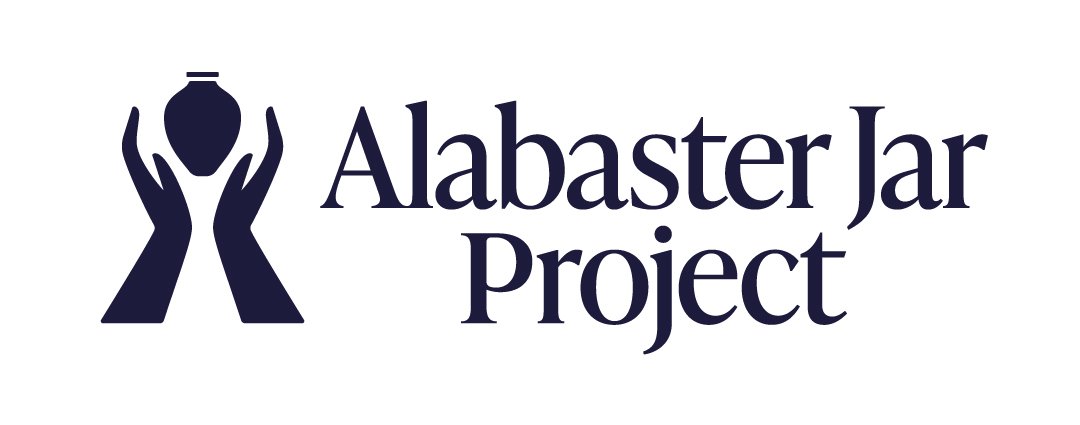It takes a special person to be the residence manager at Grace House. As with all of our staff, the residence manager of our long-term housing program must handle many responsibilities of monitoring the survivor residents’ daily tasks while remaining an empathetic, understanding and firm support system for them. It involves leading by example; showing new survivors what a loving, caring relationship looks like when so often they’ve seen the opposite. Does this sound like you?
Our team at Alabaster Jar Project is currently hiring for a part-time residence manager for Grace House. The position requires eligible female role models to coordinate and direct activities in our long-term residential program and act as a guide to the residents in their handling of their issues, be it emotional, family-related, or spiritual, and if their needs are outside the manager’s expertise, they must direct residents to the necessary services. Part of being that guide also includes relying on their observations to keep everyone in the house safe and on-track with their goals. The residence manager treats the survivor residents with respect and empathy, collaborating with them and our staff to ensure that we are fulfilling our mission to restore, rehabilitate, and empower their lives.
Many survivors come into our program after years of being abused and coerced into a dangerous lifestyle. They often don’t understand what real love looks like, as they have so severely been used, deceived, and manipulated by those they loved. It is so important that we find someone who can be a leader ingrained in emotional and spiritual guidance, showing them what it truly means to care for someone and want the best for them. We are actively seeking someone who can do this, not only by providing them with direction, but who can also embody the kind of strong, empowered women that they strive to be.
We are looking to fill the weekend shift which covers Friday morning through Mondaymorning. Along with overnight room and board (and wifi!), the position offers a decent stipend and the chance to make a difference in the lives of survivors of exploitation. It’s not an easy job, but it can be very rewarding when you watch the women who come into the house broken leave with their past behind them, ready to experience a new, fulfilling life.
If you are a great fit to this role, please apply online:
Good luck!
- Amanda Moon Ellevis, author
Source: https://wordpress.com/post/alabasterjarprojectblog.wordpress.com/45













